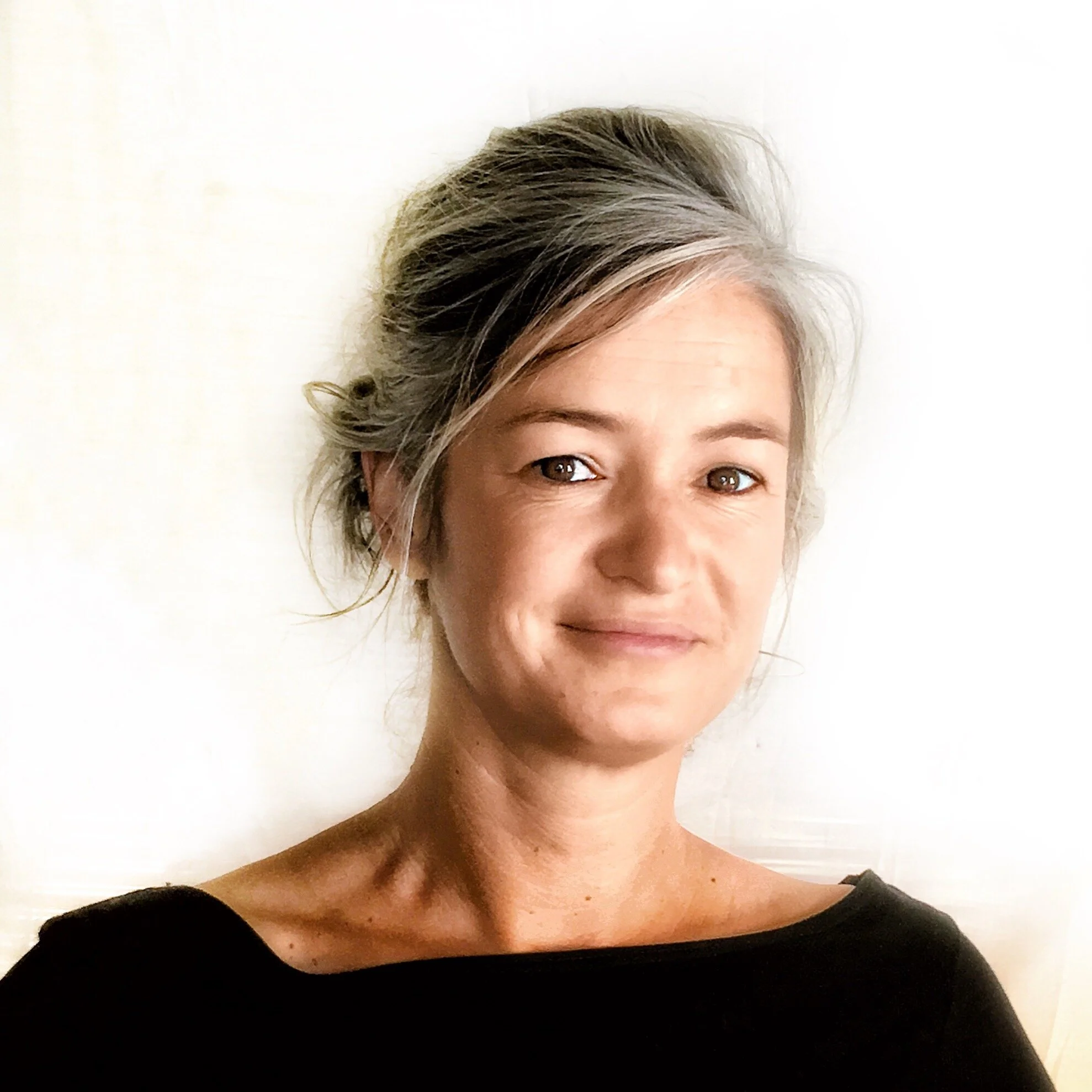Jessica Tyrrell (36) from South Africa is pursuing a master’s degree in anthropology at the University of Cape Town.
Jessica grew up in South Africa during the Apartheid years. She is white but her progressive parents did not choose to educate her in white only schools. Her early school years were spent in a religious setting with diverse students. Her parents raised her to understand and appreciate the interconnection of the world and how everyone in society plays a role. This key understanding about society was enhanced by her outdoors lifestyle and visits to remote areas of South Africa.
She earned a B.A. in social work at University of Stellenbosch. She worked in several organizations all the while tying psychology to her social work. Her focus has been to expose young people to the outdoors by supporting their shift in perspective and helping them appreciate the value of natural and social diversity in their lives. Jessica primarily works with young people ages 14-24. The by-product of her work is building self-confidence, skills development and self-trust in the young individuals.
In addition, Jessica has taken a keen interest in mentoring young women who come through the program. She works to support them emotionally and psychologically as they go through life hurdles. Mainly, she trains them to build resilience which helps them maintain mental balance and fight against stress. Jessica believes that there is lacking in understanding and research of mental health and its affect on mental well-being. She is motivated on developing techniques to help young people develop skills to maintain mental health.
Through the wilderness immersion program, Jessica has created support network of social workers who are alumni of the program. She believes this creates a culture of giving back and women benefit from other women who are their role models. One of her goals after completing her M.A. is to expand the youth programs into community programs led by past participants thus creating a “pay-it-forward” mentorship framework.





